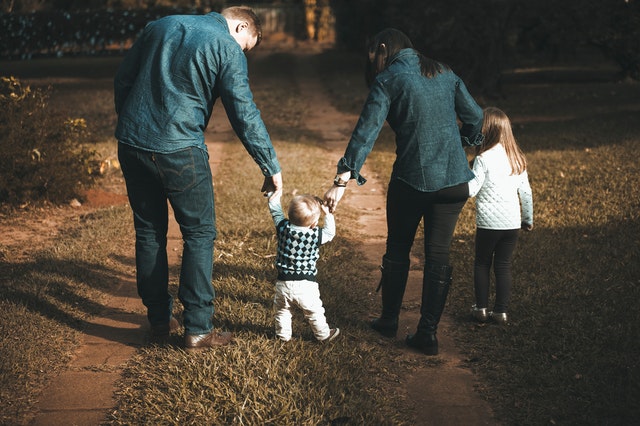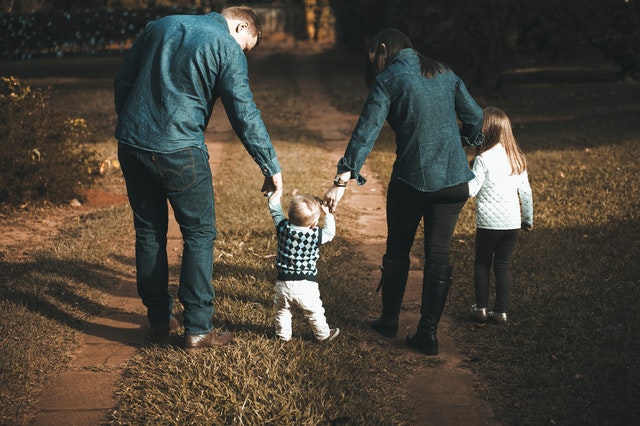JUST BEFORE I BEGAN WRITING THIS CHAPTER, I READ ABOUT a thirty-nine-year-old man who body-slammed a thirteen-year-old boy at a county fair because the boy didn’t take his hat off during the national anthem. The man fractured the boy’s skull.78 The stats don’t lie, and the truth is our boys are getting angrier and angrier, and the instances of violence perpetrated by men are getting more frequent and intense. Misogyny is turned up to eleven on the dial on a daily basis, thanks to examples set by incumbent politicians; sexual assault is rampant in all industries, with multiple men accused of sexual harassment still occupying positions of power; and even Nazis are making a comeback, fueled mostly by angry white men in red hats.

To say we’re at a crucial crossroads for men and society is not an understatement.
But what can you do? You’re one person, right? In this maelstrom of toxicity, how can a single person combat these larger social problems that make you feel so hopeless and defeated? Well, if you’re the parent of a boy, I say you’re in an ideal position of power because you have the opportunity to do the number one most crucial thing on the planet to deal with this crap: you can raise a boy into a man committed to doing and being better.
PARENTING TIP #36: Be a fierce and relentless advocate for boys
I’m so sick of hearing myself have the same conversations over and over again with my boys. I feel like the worst kind of broken record, and the eyerolls and side-eye from my sons when I make them turn off the TV, put their phones and tablets down, and listen to me talk come out in full force. The chances they’re ignoring me or tuning me out seem high, and I wonder why I even bother (because aren’t kids programmed not to take their parents seriously?).
But then I overhear Will telling his friends that they shouldn’t use the word gay as an insult. I watch Sam slap on another coat of bright-red nail polish as he shows the world he gives less than zero fucks what anyone thinks of his choices. And Tommy, at age four, will openly rebuke anyone who uses the phrase like a girl with negative connotations. Our parental influence will ebb and flow, but you do have the ability to set a foundation for what’s good. The stage has been set and the script is written—now your kids just have to read it and act it out in the world. And that only happens when parents commit to raising boys differently.
It. Is. Exhausting. There’s no use pretending otherwise. Correcting the misinformation and harmful myths that find their way into our house from school and camp and even from friends and family feels like a full-time job. But these repeated conversations are how change happens. And in addition to instructing your kids, it is also extremely important to model thoughts and behaviors that you want your kids to emulate. It took me a long time to openly admit to my kids that their dad needed to see a professional to seek emotional help because he felt sad. It still makes me anxious and incredibly uncomfortable to say this. But if I don’t have honest conversations with my kids in which I’m vulnerable, I can’t expect them to reciprocate. I can’t risk helping to perpetuate the stereotype of another generation of angry men who don’t seek help when they need it because they don’t know how to deal with the burden society has laid on them. I can’t bear the thought of my kids not being free to be themselves simply because toxic masculinity forbids it.
Would you want to order from one tiny section of a restaurant menu or listen to just one radio station for the rest of your life? Of course not (well, I hope not). But that’s how limiting toxic masculinity is for boys. If you don’t show them what’s available or expose them to different viewpoints and diversity of all kinds, they’re much less apt to seek it out and experience it for themselves. Our boys need and deserve to experience the full range of human emotions, not just rage, aggression, violence, and hypermasculinity. They need to know that despite societal opinions to the contrary, they are not limited to bullshit gender roles and rigidly structured ways of thinking. They need to see men cry and talk about their feelings. They need to know men are still men if they paint their fingernails or decide to stay at home with their kids full-time or seek help from a therapist because life circumstances proved too much to bear on their own.
If you as parents don’t show them these truths, boys will fall into the lanes society assigns them as males. That’s what is at the heart of this issue, and what we have to change. We don’t need to vilify the good parts of masculinity, but we do need to differentiate the good from a toxic culture. Strength is an asset, but force is often toxic. Protecting your kids is noble, but overprotectiveness to the point of discrimination and violence is toxic. Providing for your family is essential, but thinking that only applies to money and being a breadwinner? Toxic.
The changes we need to make may seem monumental and too numerous to count, but they’re actually a series of small decisions that add up to a societal sea change. And not to sound alarmist, but we’re at a crossroads where the decisions we make from here on after will affect the paths we take. Men are killing themselves and each other at a sickening rate, and those who choose not to go down that route are being punished by one another and society for seeking the help they need. It’s a self-fulfilling prophecy and a nonsensical downward spiral that we can only stop as parents vowing to raise their kids for a better future. It’s not a matter of political correctness, and it shouldn’t be a matter of left versus right—it’s just the right thing to do for the future generation. Giving boys agency to step out of the insidious box we unfairly put them in is necessary if we’re going to change things for the better.
I believe it’s possible, and I’ve seen it work on a small scale. In the spirit of men asking for help when they need it, I’m beseeching every parent of every boy out there to consider small changes that have an outsized impact on society.
Our boys’ lives literally depend on it.



